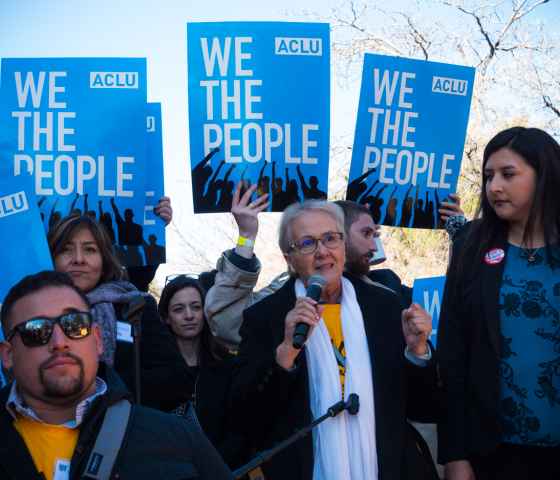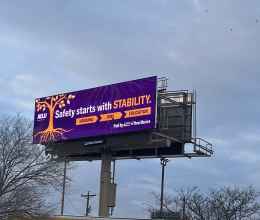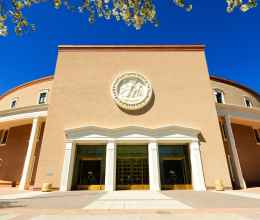The New Mexico Parole Board has the authority to grant, deny, and revoke parole and set conditions for release. Given the great authority this 15-member body appointed by the governor has over people’s freedom, it must be equipped to make fair, evidence-based public safety decisions. Existing structural barriers in how the parole board operates need to be addressed to improve this process for the people in prison appearing before the parole board, for crime victims, and for the community at large.
Removing the compensation prohibition for parole board members.
Current strict limitations on parole board compensation lead to difficulty recruiting and retaining qualified members as well as staffing and scheduling parole hearings. This results in the unnecessary and unfair extension of people’s incarceration. Better resourcing and fair compensation help ensure that cases are heard on time and get the individualized attention they deserve.
This bill would introduce the best evidence-based practices in the parole process.
The parole board’s current review process relies on outdated considerations proven to have little impact on risk and public safety. The proposed reforms would update the guidance, requiring the board to evaluate individuals’ efforts to invest in their own growth and rehabilitation while in prison. This change would ensure parole decisions reflect meaningful indicators of rehabilitation.
Ensuring considerate scheduling of parole hearings.
Currently, parole hearings often align with the anniversary of the offense because parole eligibility is based on years into the sentence. This timing can place an emotional strain on those affected by the crime. In cases involving loss of life, the bill would require that the parole board avoid scheduling parole hearings on the birth or death date of the victim.
Under Resourced
The parole board currently operates as an under-resourced system managed by public officials volunteering much of their time. New legislation aims to transform it into a professional body. Under this proposal, board members would receive compensation for performing their public service duties. In addition, the board would use evidence-based methods to make parole decisions, ensuring both fairness to individuals and community safety.







